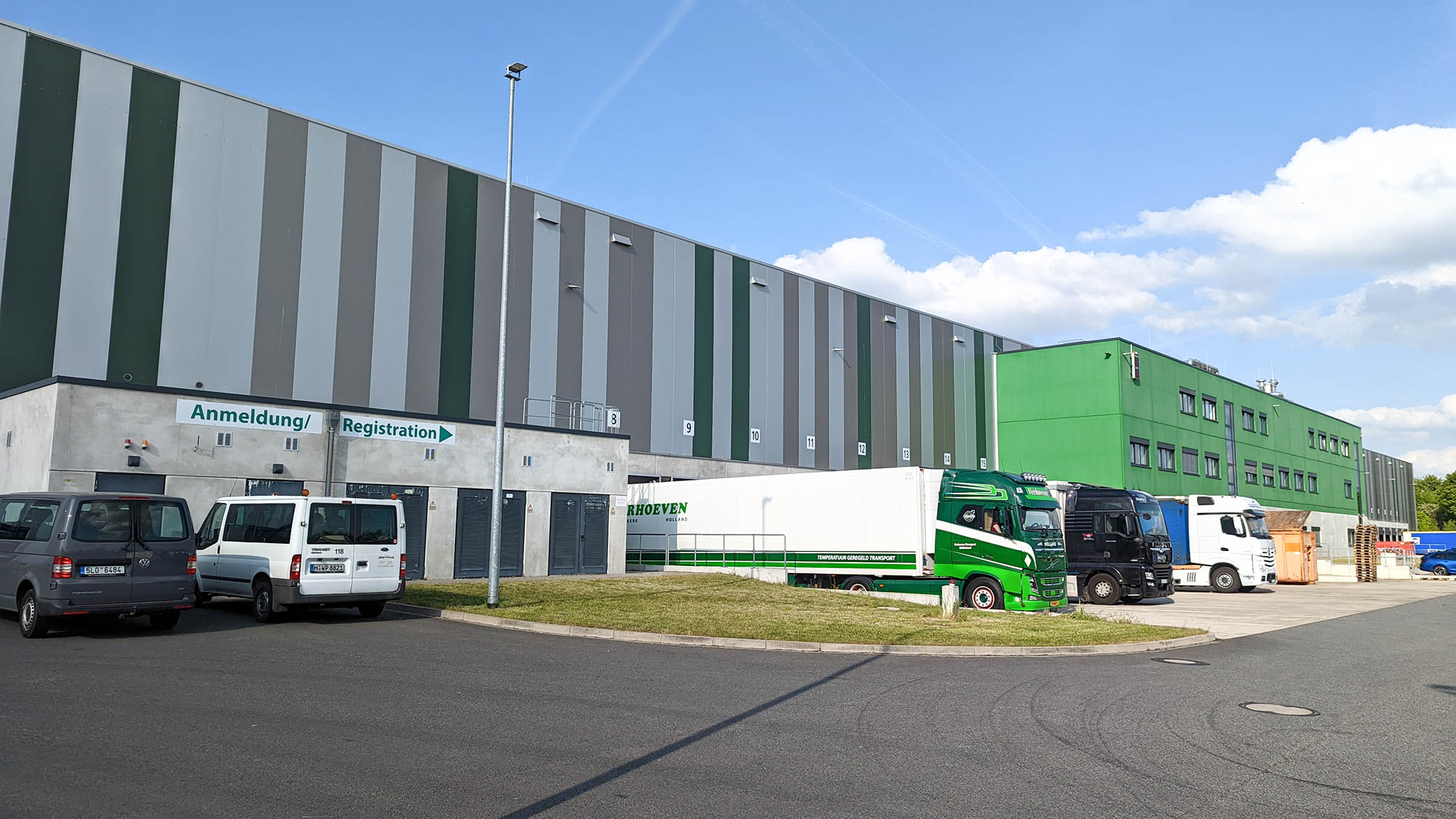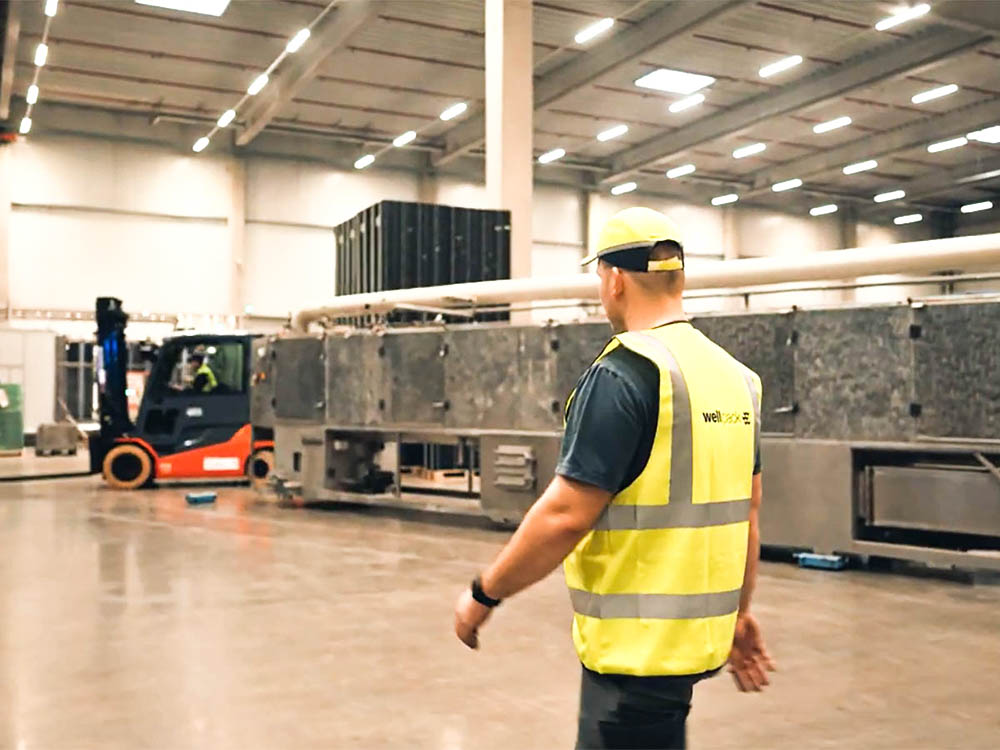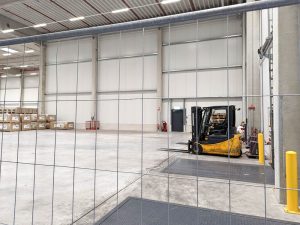Choosing a Warehouse in Germany: What you need to pay special attention to

Germany, a powerhouse in European manufacturing and trade, offers a strategic location for businesses looking to expand their reach. But with that expansion comes the need for efficient warehousing and logistics solutions that are both environmentally conscious and compliant with regulations. Choosing the right warehouse in Germany can make all the difference in your supply chain’s success. Here’s a comprehensive guide to help you navigate the factors you need to consider:
Location, Location, Location:
- Proximity to your target market: Consider where your customers are concentrated. A central location might be ideal for nationwide distribution, while a port city could be better suited for import/export activities. Research major transportation hubs and access to highways, railways, and airports to ensure efficient movement of goods.
- Labor availability and costs: Germany boasts a skilled workforce, but labor costs can vary depending on the region. Consider your budget and the specific skills needed for your warehouse operations.
Warehouse Type and Size:
- Storage needs: The type of goods you’ll be storing plays a crucial role. Do you require temperature-controlled storage for perishables? High-bay shelving for bulky items? Understanding your specific needs will help you determine the warehouse’s size, layout, and available features.
- 3PL Warehousing: Consider partnering with a third-party logistics company (3PL) that offers warehousing services in Germany. 3PLs can provide a cost-effective solution, especially for small businesses (best 3pl for small business). They handle storage, fulfillment, and often value-added services like packaging and labeling.
Services and Infrastructure:
- Warehousing services: Look for a warehouse that offers the services you require, including inventory management, order fulfillment, pick and pack operations, and cross-docking.
- Security: Ensure the warehouse provides adequate security measures to protect your inventory, including CCTV monitoring, access control systems, and fire suppression systems.
- Technology: A modern warehouse utilizes warehouse management systems (WMS) to optimize operations and track inventory in real-time. Integration with your existing systems is a plus.
Logistics Network and Partners:
- Cargo logistics services: Does the warehouse have established relationships with reliable freight forwarding companies for domestic and international shipping? Competitive rates and efficient cargo movement are crucial.
- Business logistics services: Inquire about value-added services like customs clearance, freight forwarding, and last-mile delivery. A comprehensive logistics network can streamline your supply chain.
Cost Considerations:
- Warehouse rent: Rental rates can vary depending on location, size, and features. Be sure to factor in all associated costs, including utilities, maintenance, and property taxes.
- Labor costs: If not using a 3PL, consider the costs of hiring and managing warehouse staff, including wages, benefits, and training.
- Logistics costs: Get quotes for cargo logistics services, including transportation, customs clearance, and any value-added services you require.
Environmental Responsibility:
- Sustainability practices: Look for warehouses that prioritize energy efficiency through features like LED lighting, improved insulation, and renewable energy sources. Investigate their waste management practices, including recycling programs and responsible disposal methods.
- Compliance with environmental regulations: Germany has strict environmental regulations regarding waste disposal, hazardous materials handling, and energy consumption. Ensure the warehouse is compliant with all relevant regulations.
Sanitary Standards and Compliance:
- Maintaining a clean and pest-free environment: The warehouse should have protocols for regular cleaning and pest control to prevent contamination of your products. This is especially important for warehouses storing food, beverages, or pharmaceuticals.
- Compliance with sanitary regulations: Warehouses storing food, beverages, or pharmaceuticals must comply with specific hygiene and sanitation regulations set by German authorities. Verify that the warehouse has the necessary certifications and adheres to best practices.
Additional Considerations:
- Scalability: Choose a warehouse that can accommodate your future growth plans. Look for flexible lease options and facilities with room for expansion.
- Sustainability: Germany is a leader in green logistics. Consider warehouses that prioritize energy efficiency and environmentally friendly practices.
Finding the Right Fit:
Researching warehousing services in Germany, including 3PL warehouses, fulfillment centers and freight forwarding companies, is crucial. Utilize online resources, industry publications, and recommendations to create a shortlist of potential partners. Don’t hesitate to schedule site visits and discuss your specific needs with each warehouse provider.
By carefully considering these factors, you can find a warehouse in Germany that perfectly complements your business strategy, optimizes your supply chain for success, and aligns with your commitment to environmental responsibility and regulatory compliance. it’s a strategic partner that empowers your business growth.
WELL PACK Maritime Gmb Logistics Warehouse, Lehrte
Gewerbestrasse 23, 312 75 , Lehrte






